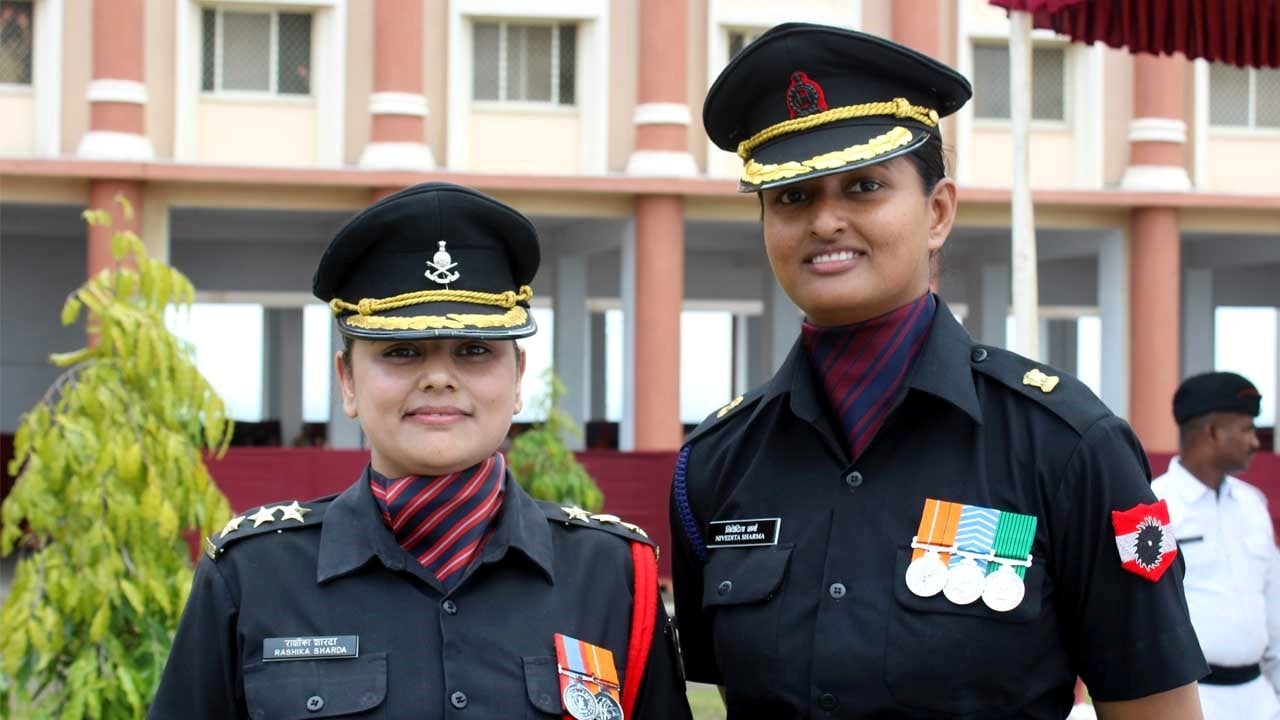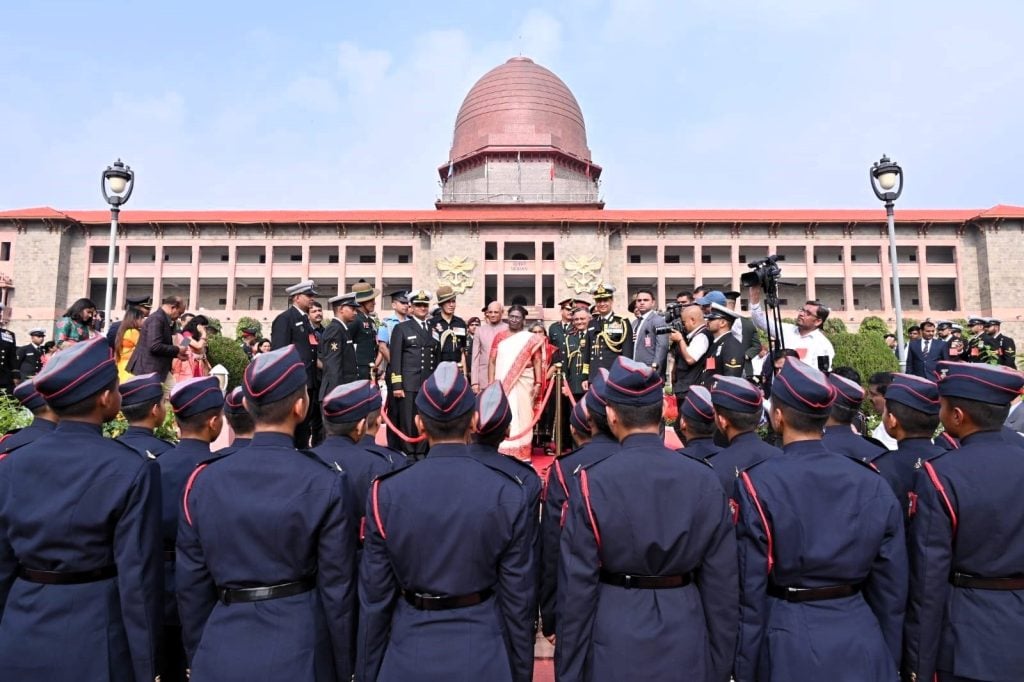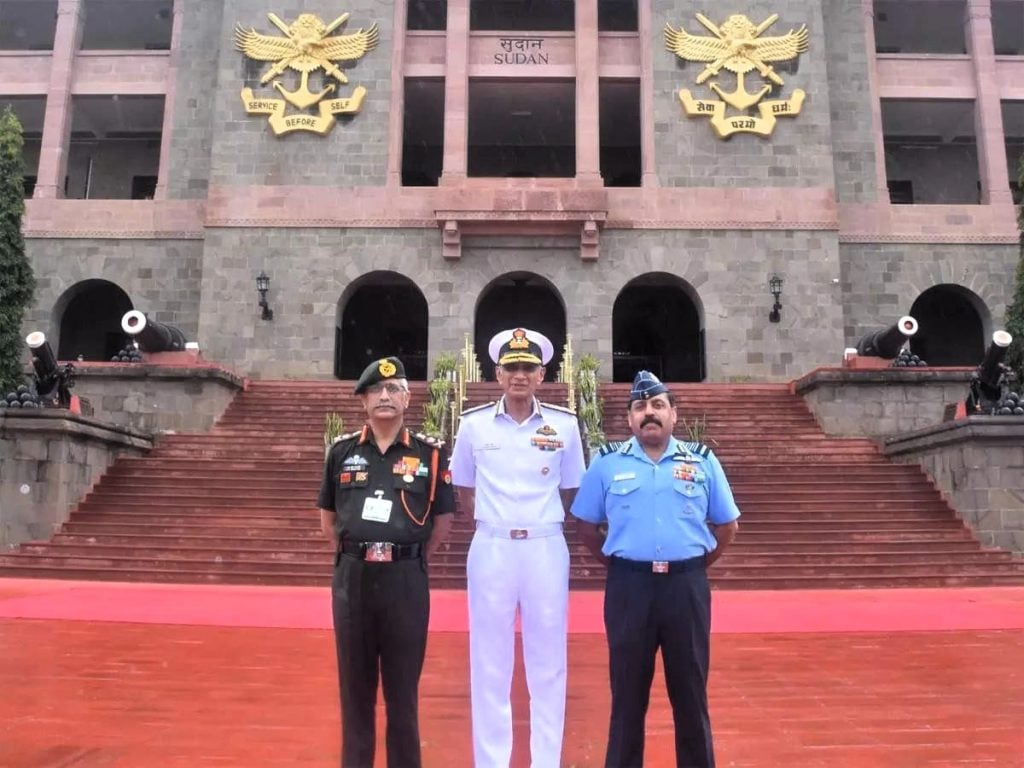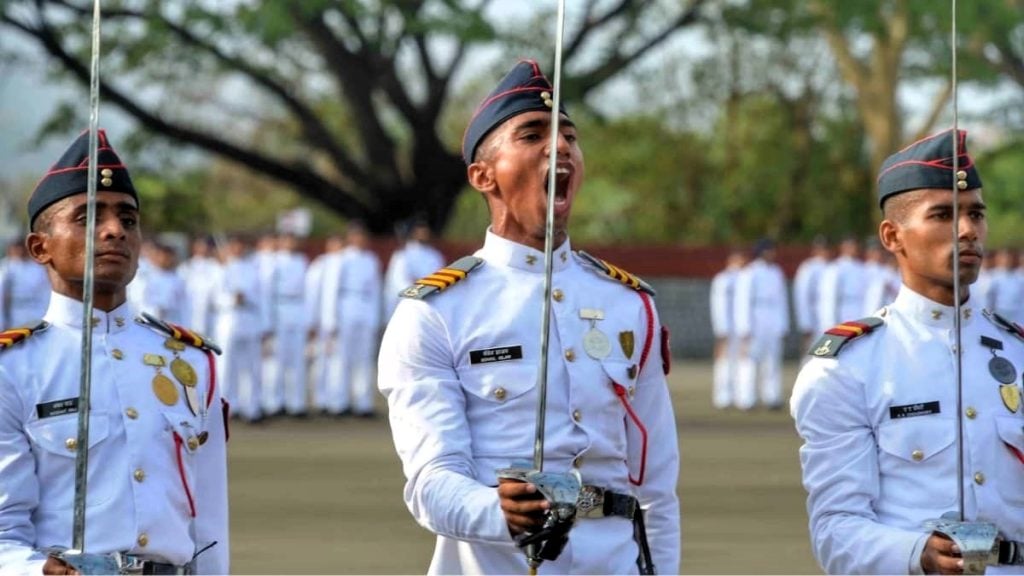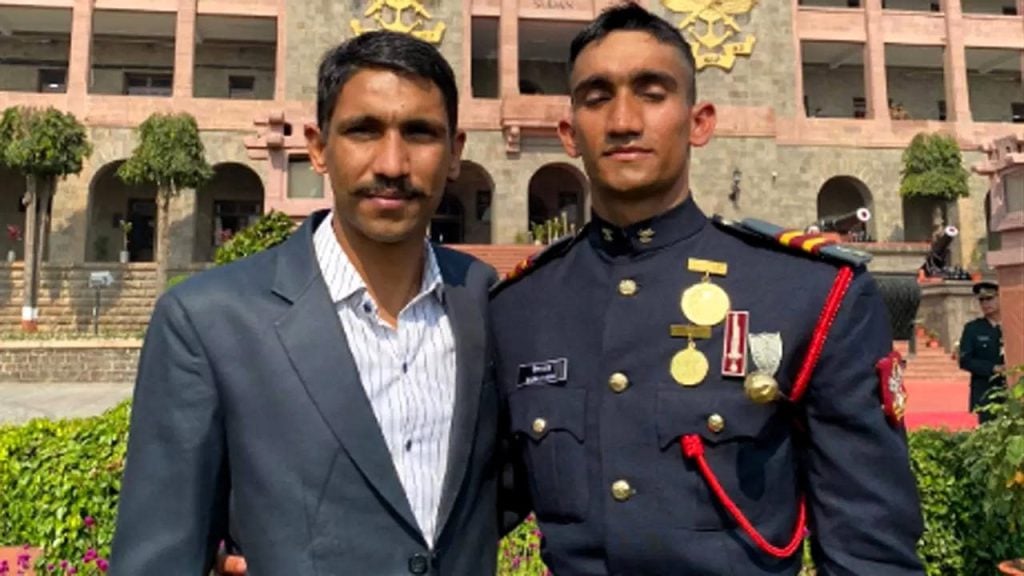Crafting compelling written responses is a critical skill for candidates aspiring to excel in defense exams. The selection process often involves rigorous written assessments that delve deep into a candidate’s personality, communication abilities, and overall suitability for the role. While the evaluation may not be solely about “good” or “bad” writing, it is an essential metric in determining the acceptability of a candidate.
Among the various factors considered, writing skills play a pivotal part, with the entire Psychological Test and Written Examination of the Graduate Aptitude Test (GAT) heavily relying on the candidate’s proficiency in this domain. This article delves into the Effective Writing Techniques for Defense Exam Success.
1. Mastering the Art of Written Expression
Effective written communication is not just about technical correctness; it is the seamless expression of one’s thoughts and ideas. Candidates who can articulate their perspectives with precision, clarity, and linguistic expertise often have an edge in the selection process. This is particularly evident in the Thematic Apperception Test (TAT), where writing skills can significantly influence the evaluator’s perception of the candidate’s personality and problem-solving abilities.
Developing the Right Traits for an Army Career
2. Developing a Newspaper Reading Habit
One of the most effective ways to enhance your writing skills for defense exams is to cultivate a daily newspaper reading habit. Engaging with high-quality journalistic content can provide valuable insights into the nuances of language, vocabulary usage, and the art of crafting well-structured sentences. By observing how professional writers convey complex ideas and events, you can learn to emulate their techniques and apply them to your own written responses.
3. Embracing the Power of Diary Writing
Another powerful tool for improving your writing skills is the practice of regular diary writing. Documenting your daily experiences, thoughts, and reflections can help you develop a more natural and conversational writing style. As you chronicle your daily activities and observations, you’ll find yourself becoming more adept at organizing your ideas, expressing your emotions, and conveying your experiences in a coherent and engaging manner.
4. Maintaining Focused and Fluent Thought Processes
Effective writing requires a focused and coherent thought process. When composing responses for defense exams, it is crucial to maintain a clear and structured mindset. Each sentence should seamlessly lead to the next, with a logical progression of ideas that captivates the reader. By training your mind to follow a fluid thought process, you can ensure that your written responses are not only well-structured but also compelling and impactful.
5. Cultivating Conversational and Realistic Expressions
The evaluators in defense exams often seek genuine and relatable written responses. Candidates who can strike a conversational tone and convey their thoughts in a realistic manner tend to fare better. By observing the world around you and drawing inspiration from real-life situations, you can infuse your writing with a sense of authenticity and relevance, which can be particularly beneficial in the Thematic Apperception Test (TAT).
6. Precision and Clarity in Word Choice
The selection of the right words to convey your thoughts is paramount in effective written communication. Aspiring defense candidates should strive to use precise and appropriate vocabulary that accurately reflects the intended meaning. By focusing on word choice, you can ensure that your written responses are clear, concise, and impactful, leaving a lasting impression on the evaluators.
7. Incorporating Vivid Details and Observations
Detailed and well-observed written responses often captivate the reader and demonstrate the candidate’s attention to nuance and their ability to paint a vivid picture. When crafting your written submissions for defense exams, be mindful of incorporating rich details and keen observations that bring your narratives to life. This attention to detail can significantly enhance the overall quality and impact of your written work.
13 Essential Tips to Sharpen Your General Knowledge for Military Exams
8. Embracing the Power of Practice
Ultimately, the key to mastering written communication skills for defense exams lies in consistent practice. The more you engage in writing exercises, the more fluent and confident you will become in expressing your thoughts on paper. Whether it’s regular diary writing, response practice to sample prompts, or even creative writing exercises, the more you immerse yourself in the act of writing, the better you will become at conveying your personality, knowledge, and problem-solving abilities through the written word.
9. Introspection and Self-Awareness
Before embarking on your journey to improve your writing skills, it is essential to engage in introspection and assess your current strengths and weaknesses. Identify the areas where you excel and the aspects that require more attention and focus. This self-awareness will help you tailor your efforts and strategies to address your specific needs, ensuring a more targeted and effective approach to enhancing your written communication abilities.
10. Leveraging Diverse Resources
In addition to the strategies outlined above, aspiring defense candidates can further hone their writing skills by exploring a wide range of resources. This may include studying grammar and style guides, engaging with online writing communities, and seeking feedback from experienced professionals or mentors. By diversifying your learning sources, you can gain a more comprehensive understanding of the nuances of effective written communication and apply these insights to your defense exam preparation.
11. Cultivating a Lifelong Learning Mindset
Ultimately, the journey to mastering written communication skills for defense exams is an ongoing process that requires a lifelong learning mindset. As you progress through your preparation, be open to continuous improvement, adaptability, and a willingness to learn from your experiences. By embracing this mindset, you can ensure that your writing skills continue to evolve and strengthen, positioning you for success not only in your defense exam but also in your future career.
5 Top Tips for Managing School and NDA Preparation Together
Conclusion
Effective written communication is a cornerstone of success in defense exams, as it reflects a candidate’s personality, problem-solving abilities, and overall suitability for the role. By leveraging strategies such as newspaper reading, diary writing, focused thought processes, and attention to detail, aspiring defense candidates can hone their writing skills and present their best selves to the evaluators. Remember, with consistent practice, a commitment to self-improvement, and a willingness to learn, you can unlock the full potential of your written communication abilities and pave the way for your success in the defense exam journey.
FAQs
1. How to excel in PPDT?
By following the tips below, you can adequately prepare yourself to approach the PPDT with confidence and increase your chances of clearing it. Remember, you will be shown a blurry picture for 30 seconds; use this time wisely by focusing intently on the image and making the most of those 30 seconds.
2. Do written marks matter in SSB?
The scores achieved by candidates in the written exam are used to assess their eligibility for the SSB interview. Only those who meet or exceed the cutoff marks in the written exam are deemed eligible for the SSB interview.
3. What are the C’s of effective written communication?
The 7 Cs of Communication are designed to enhance the effectiveness of your communication. They represent: clear, concise, concrete, correct, coherent, complete, and courteous. There may be slight variations of these principles.
4. Why is written communication hard?
Business writing is particularly challenging because it lacks non-verbal cues, tone of voice, and the opportunity for immediate clarification. Unlike conversation, written text conveys only its literal meaning.
5. How to write a good story in PPDT?
To craft an effective PPDT story, pay close attention to the details in the image, develop a straightforward plot with a clear start, middle, and conclusion, emphasize positive and practical themes, and make sure the story showcases your qualities and values.
